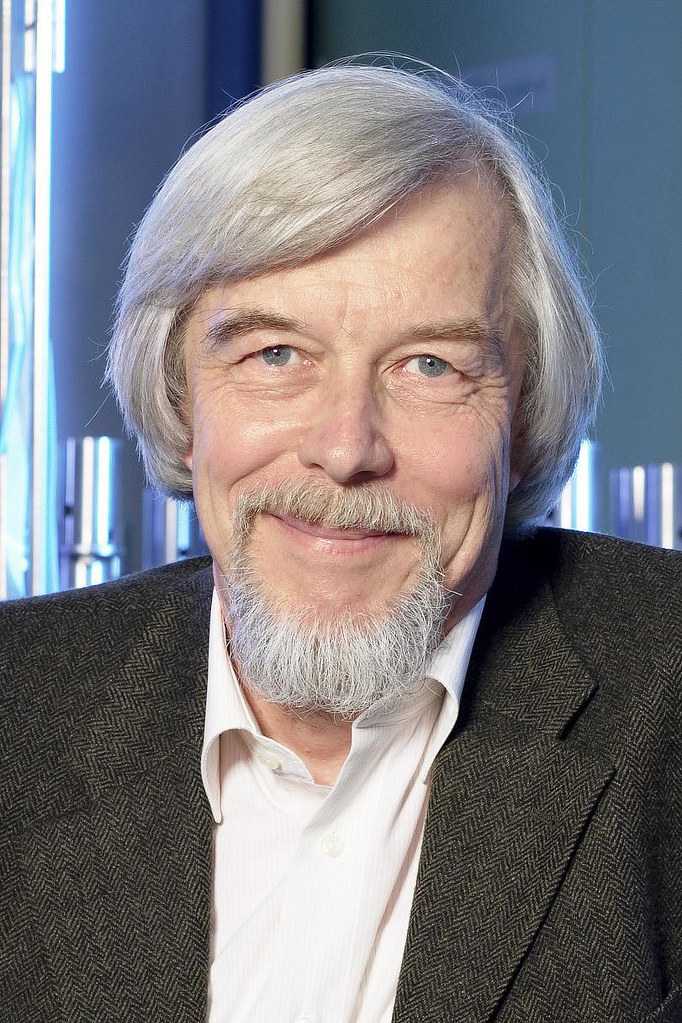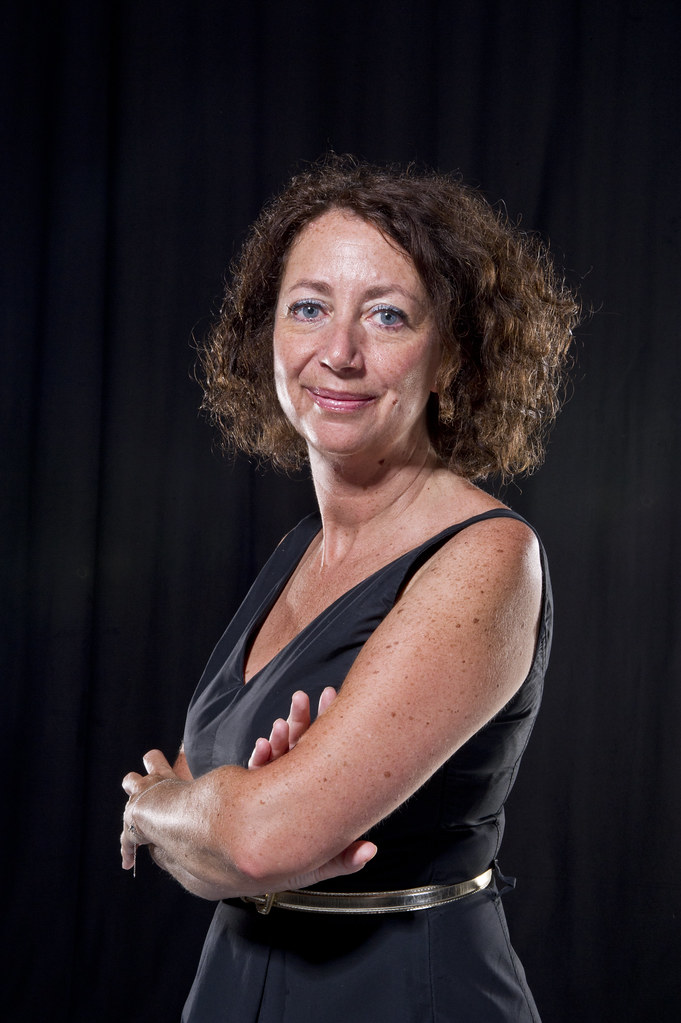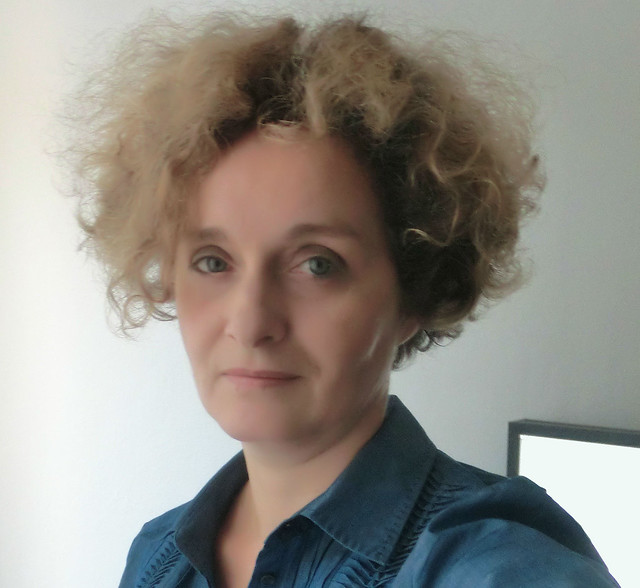ORIGIN SYMPOSIUM III
03.09.2011 Sa/Sat 10:00-13:30, Brucknerhaus, Mittlerer Saal
Humberto Maturana (CL), Rolf Heuer (DE/CH), Joichi Ito (JP/US), Roger Malina (FR), Ariana Koek (UK/CH), Ursula Damm (DE)
10:00–10:10 Begrüßung
10:10–11:10 Humberto Maturana (CL): ORIGIN – How It All Begins
11:10–11:25 Discussion
11:25–11:45 Break
11:45–12:15 Rolf-Dieter Heuer (DE/CH), Joichi Ito (JP/US): Managing Science and Innovation
12:15–12:45 Roger Malina (FR): Transgressing Frontiers in Art-Science Collaborations
12:45–13:05 Ariane Koek (UK/CH): Art @ CERN
13:05–13:30 Ursula Damm (DE): I Am A Wild Type
Moderated by Derrick de Kerckhove (CA)
/////////////////////////////////////////////////////////////////////////////////////////////////////////////////////////////////////////////////
Day 2 of the ORIGIN Symposium gets underway with Humberto Maturana (CL), the man who developed the theory of autopoeisis and a key collaborator on the concepts of radical constructivism. In his capacity as neurobiologist and philosopher, he will treat the question of the preconditions for innovation to occur. How to create and manage the framework circumstances necessary to do good science and nurture innovation will be the subject of a conversation between CERN Director General Rolf Heuer (DE/CH) and Joi Ito (JP/US), the new director of the MIT Media Lab. Roger Malina, Ursula Damm (DE) and Ariane Koek (UK/CH) will talk about the connections between art and science as well as what sets them apart. Roger Malina (FR) is one of the pioneers of art-science collaboration. Ursula Damm is an artist who has made considerable inroads into the scientific domain and consistently taken an artistic approach to doing so. Ariane Koek has launched a major new artist-in-residence program at CERN.
On Saturday as well, symposium participants will be able to remain together for lunch and continue their discussions.
| Humberto Maturana (CL) is a biologist and philosopher. He is considered a member of the second wave of cybernetics, known for developing a theory of autopoiesis about the nature of reflexive feedback control in living systems.
|
|
| Joichi Ito (JP/US) is the newly appointed Director of the MIT Media Lab. Among many other functions, he is General Manager of Neoteny Labs, the Chair of Creative Commons, co-founder and board member of Digital Garage.
|
|
| Rolf-Dieter Heuer (DE/CH) studied physics at the University of Stuttgart, then obtained his doctorate at the University of Heidelberg. From 1978 to 1983 he was a research physicist at the University of Heidelberg, working on the PETRA electron-positron storage ring as a member of the JADE collaboration. From 1984 to 1998 he was a staff member at CERN, working for the OPAL collaboration at the Large Electron Positron collider (LEP). From 1994 he was the collaboration’s spokesman. Much of his career has been involved with the construction and operation of large particle detector systems for studying electron-positron collisions. On leaving CERN in 1998, he took up a professorship at the University of Hamburg, where he established a group working on preparations for experiments at a possible future electron-positron linear collider. On taking up his appointment as Research Director for particle and astroparticle physics at DESY in 2004, Professor Heuer was responsible for research at the HERA accelerator, DESY’s participation in the LHC and R&D for a future electron-positron collider. He replaced Robert Aymar as DG of CERN in 2009.
|

|
| Roger Malina (US/FR) is an astrophysicist at the Laboratoire d’Astrophysique de Marseille CNRS in France were he is a member of the Observational Cosmology Research Group involved in the study of dark matter and dark energy in the Universe. He is a former Executive Director of the Center for EUV Astrophysics at UC Berkeley, and Executive Editor of the Leonardo publications at by MIT Press.
|
|
| Ariane Koek (UK/CH) worked as an award-winning cultural producer and leader in public broadcasting for the BBC in both television and radio as well as CEO of the Arvon Foundation for Creative Writing over 20 years. Since 2010 she is working on International Arts Development at CERN.
|
 |
| Ursula Damm (DE) works as an artist at the interface of art and technology. She has developed numerous installations that deal with the relationship between nature and civilisation. Since 2008, Ursula Damm has been Lecturer for the Design of Media Environments at the Bauhaus-Universität Weimar.
|

|








